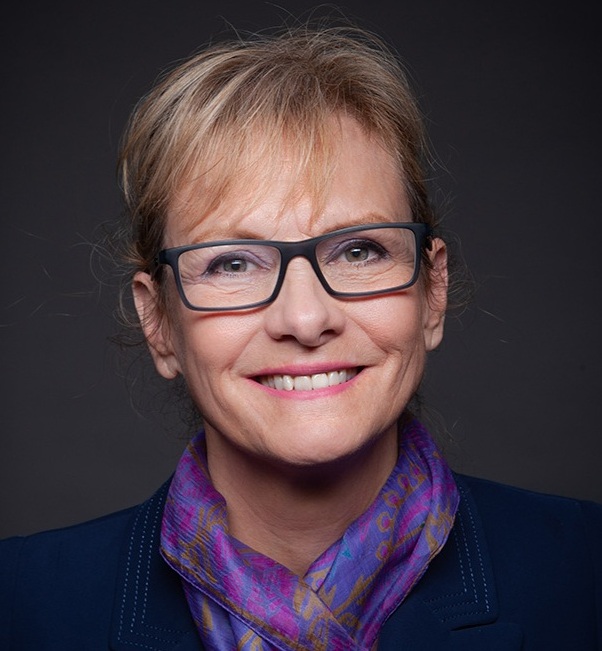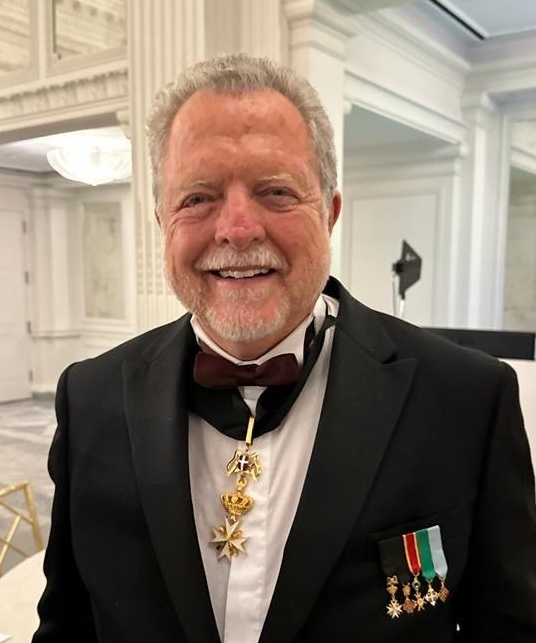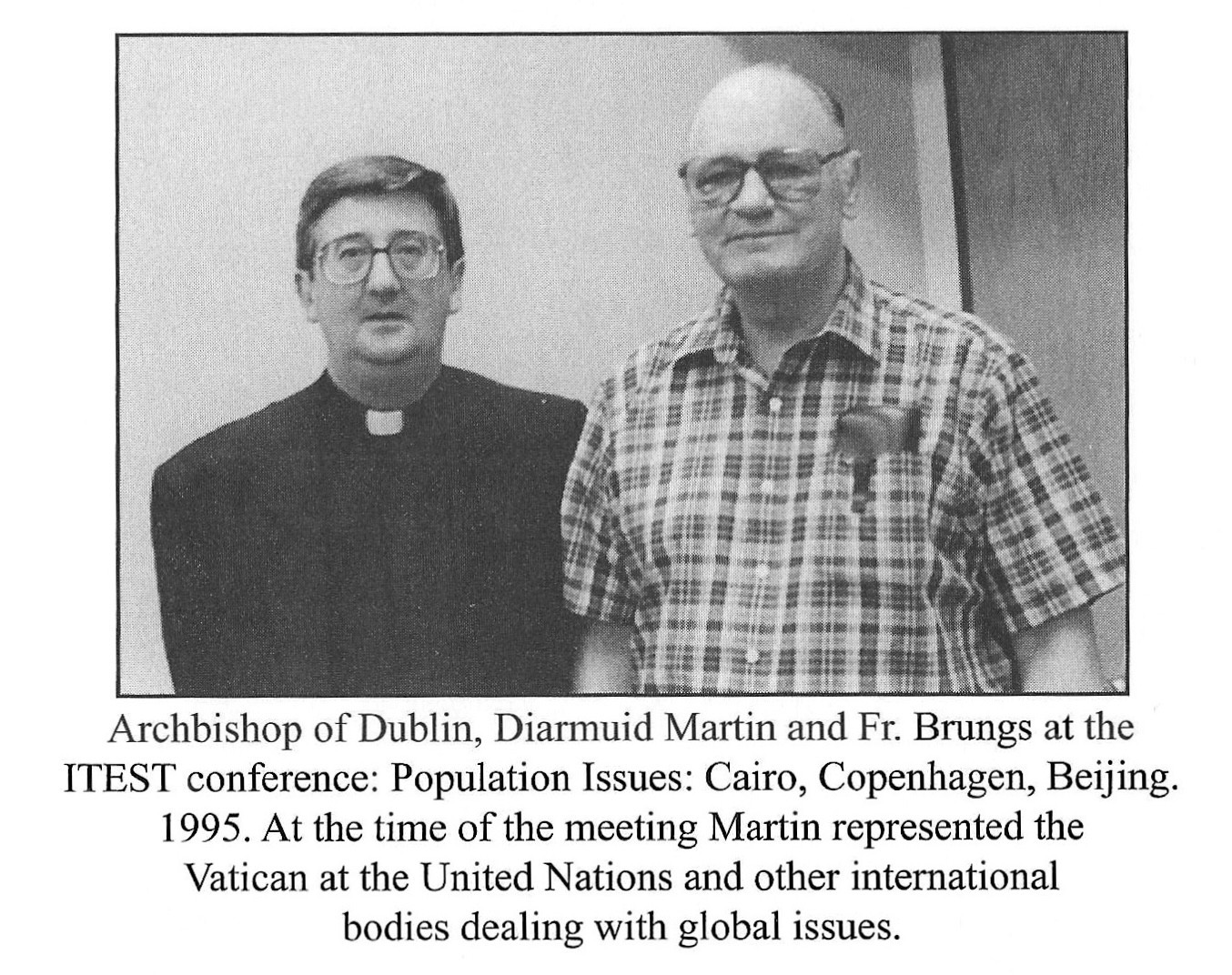ITEST Webinar
The Holy See and the United Nations:
The International Conference on Population and Development (Cairo, 1994) as a Case Study
This webinar was presented on August 30, 2025
Our presenters
Jane F. Adolphe, LLB/BCL/JCL/JCD
Professor of Law, Ave Maria School of Law
Founder & Executive Director, International Catholic Jurists Forum
The United Nations and the Holy See :
An Introduction

Dr. Jane F. Adolphe is a professor of law at Ave Maria School of Law in Naples, Florida (2001-present), with degrees in common law, civil law (LLB/BCL), and canon law (JCL/JCD). She is also a lawyer qualified to practice law in Alberta, Canada and New York, USA, with an expertise in international human rights law and the Holy See. She is a former external advisor (2002-2011) and internal advisor (2011-2020) to three Popes: John Paul II, Benedict XVI and Francis through her work with the Papal Secretariat of State, Section for Relations with States. Jane is Founder and Executive Director of the International Catholic Jurists Forum.
Abstract
Professor Adolphe will discuss the nature and mission of the Holy See within the international community and its status within the United Nations Organization (UN), with an overview of the Holy See’s role during the 1990’s when the UN launched a series of international conferences that form the basis of the current UN document: Transforming our world: the 2030 Agenda for Sustainability Goals, and the Holy See’s extensive reservations to the same.
John Klink, M.A.
Former Papal Diplomat and Chief Negotiator
for the Holy See over
UN World Summits in mid-1990s
Gift of Divine Providence:
My Role as a Papal Diplomat
under Saint John Paul II

John Klink holds a BA from Santa Clara University and an MA from Georgetown University in English Literature. John was an executive with Catholic Relief Services serving in underdeveloped countries in North Africa, the Middle East, and Asia. He was recruited by the Vatican, and subsequently the White House, to serve as a diplomat/negotiator for scores of United Nations World Summits and Conferences during the critical period of the fall of the Soviet Union and the rise of the European Union. He became an advisor to Popes and Presidents, was elected President of the International Catholic Migration Commission, and with his wife Patricia began a sovereign securities firm on Wall Street.
His distinctive honors include Knight Commander of the Order of St. Gregory the Great, Knight of the Sovereign Military Order of Malta, Knight of the Equestrian Order of the Holy Sepulchre of Jerusalem, Knight of the Sacred Military Constantinian Order of St. George, Knight of Columbus (3rd Degree), and a Knight of Sts. Maurice and Lazarus. Royal Thai Armed Forces Award for Humanitarian Assistance to Displaced Persons in Thailand; 41st CRS Anniversary Award for Humanitarian Assistance; Legatus Ambassador Award.
Abstract
The Population World Battle of Cairo
While the Holy See’s Mission to the United Nations observer status normally precludes its active participation in member state negotiations, the creation in the 1990s of UN world conferences/summits allowed for the Holy See’s delegations to participate as Conference state members. Thus, when a gauntlet was thrown by the draft document for the Cairo Population Conference of 1994 prepared by the Secretariat of the infamously “progressive” UN Population Fund and the nomination of its Director, Dr. Nafis Sadik as the President of the Cairo Conference, the Holy See actively intervened. Pope St. John Paul II, who providentially had taken the time to read the draft document, confronted Dr. Sadik at her private Papal audience, and he issued a clarion call to his fellow heads of state to be aware of the dangers to humanity that lurked in the Cairo draft declaration pages. In my remarks, I will recount some of the background history of how John Paul’s inspiration led to the blocking of attempts by the “progressive” governments of the US and EU to create an international right to abortion.
Webinar resources
ITEST held a conference in 1995 “Population Issues: Cairo, Copenhagen, Beijing” with Archbishop Diarmuid Martin, then representing the Holy See at the UN as Permanent Observer. Below is a photo of Archbishop Martin and Father Robert Brungs, SJ on page 313 of “Written in Our Flesh: Eyes toward Jerusalem” by Fr. Robert Brungs, SJ.

Statements to the United Nations General Assembly of the Holy See (pope in the narrow sense, or pope and the Roman Curia, in the broader sense).
1. Pope John Paul II – October 2, 1979
In his first address to the UN, Pope John Paul II highlighted human rights, the dignity of the human person, and the importance of moral values in international relations.
2. Pope John Paul II – March 18, 1994
Letter of His Holiness John Paul II to the Secretary General of the International Conference on Population and Development
3. Pope John Paul II – October 5, 1995
Marking the 50th anniversary of the UN, Pope John Paul II returned to address the General Assembly, focusing on the need for a moral center in global governance and the promotion of peace and justice.
4. The Status of the Holy See at the United Nations – July 16, 2004
Read the document here.
5. Note of the Holy See on the First Anniversary of the Adoption of the Sustainable Development Goals – October 5, 2016
Read the document here.
